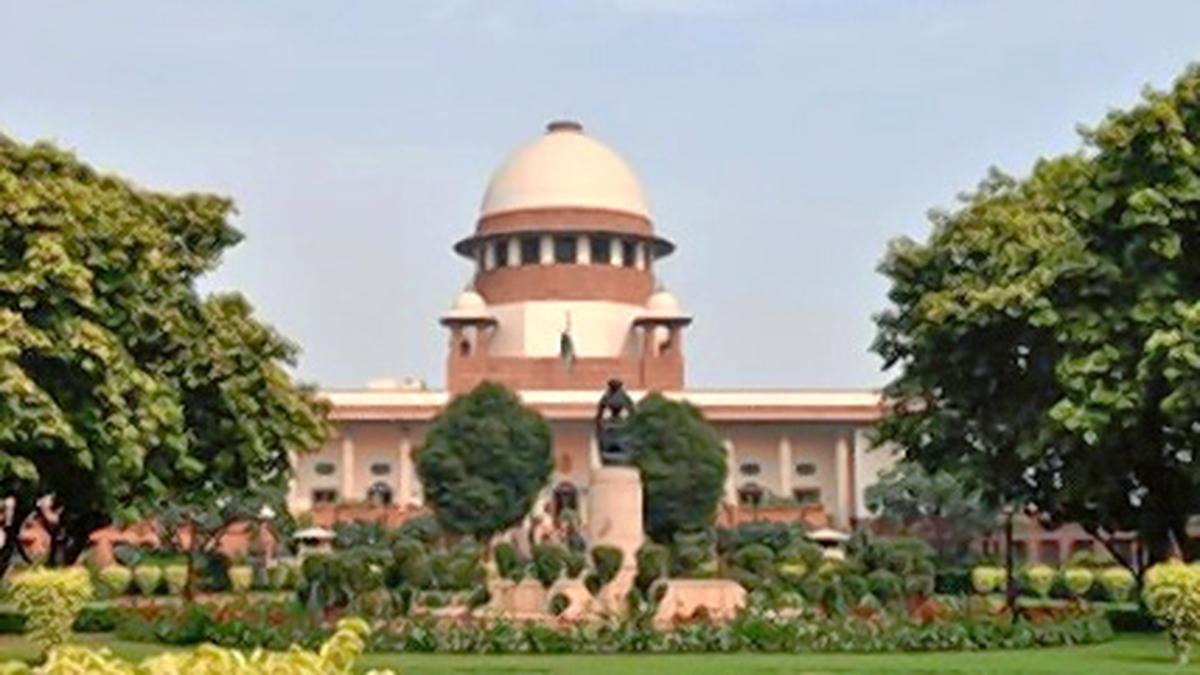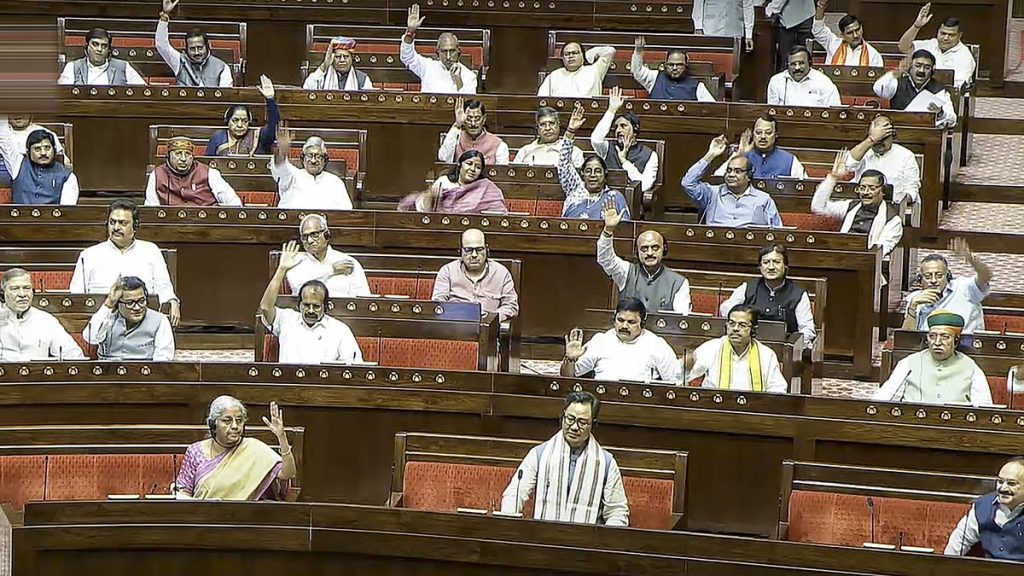Now Reading: Supreme Court Criticizes High Court Judge: Key Questions Arise
-
01
Supreme Court Criticizes High Court Judge: Key Questions Arise
Supreme Court Criticizes High Court Judge: Key Questions Arise

Swift Summary
- The Supreme Court recently criticized an Allahabad High Court judge, Justice Prashant Kumar, for issuing an “absurd” order deemed considerably flawed.
- The criticism lead to directives mandating pairing Justice Kumar with a senior colleague and barring him from handling criminal cases until his retirement.
- These directives were later reconsidered following objections from Allahabad High Court lawyers and intervention by the Chief Justice of India (CJI), B.R. Gavai.
- The Supreme Court clarified its position in a six-page order, stressing it did not intend to challenge the authority of the High Court Chief Justice as ‘master of roster.’
- Prior judgments have affirmed that only High Court Chief Justices possess exclusive authority over rosters and Bench assignments within their courts.
Indian Opinion Analysis
The incident signifies concerns over judicial accountability while concurrently underlining institutional boundaries between India’s apex court and state-level high courts. While corrective intervention by the Supreme Court showcased its responsibility in upholding legal dignity, it also reaffirmed that administrative control rests solely with respective High court Chief Justices as per established precedents. This case exemplifies ongoing debates surrounding judicial discipline and decorum alongside constitutional checks meant to preserve judicial independence at all levels.
Read more: Link





















